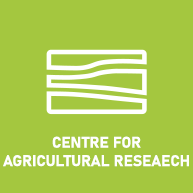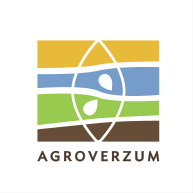Research areas

PLANT PHYSIOLOGY
In order to produce plants that tolerate environmental changes with as little damage as possible, it is necessary to get to know some of the defensive and regulatory processes of plants. The main research guideline of the Department of Plant Physiology and Metabolomics is the study of the effects of abiotic stress factors and the control processes used to prevent them. Here there is a focus on the role of certain stress-protecting compounds (e.g. salicylic acid, polyamines) in signaling processes.
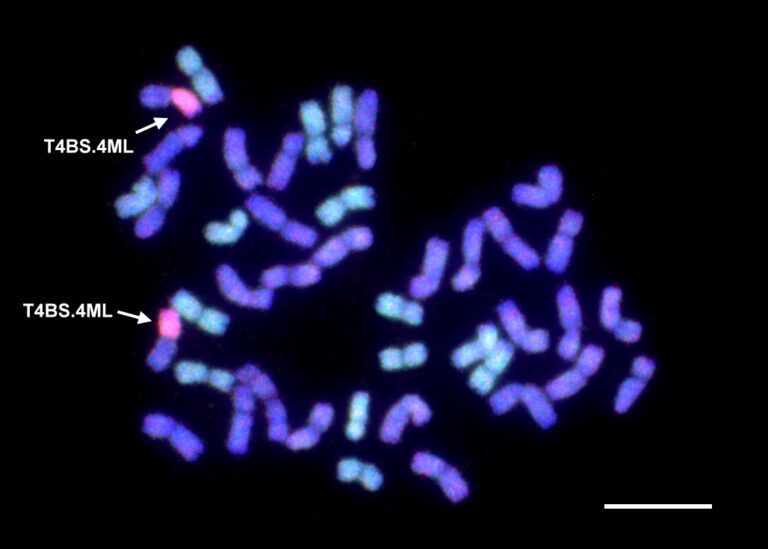
GENETICS
The aim of the research strategy is to explore the fundamental biological processes in plants, organs, tissues and cells. It should guarantee the safety and quality of the crop, involving functional anatomy, physiology, metabolomics, proteomics, transcriptomics and genetics in the research. Further aim is to exploit the gene variants realized through evolution in related cereal species to produce new breeding materials.

CEREALS RESEARCH
The aim of research is to study the genetic components that determine the adaptability and abiotic stress tolerance of cereals, also to examine the genetic diversity of various breed collections in order to identify useful alleles.
Among molecular genetic methods, QTL analyses performed on various traits in various environment are used. Association studies are to cover the whole genome, and marker-based selection, while gene expression studies based on genomics are used as a routin.
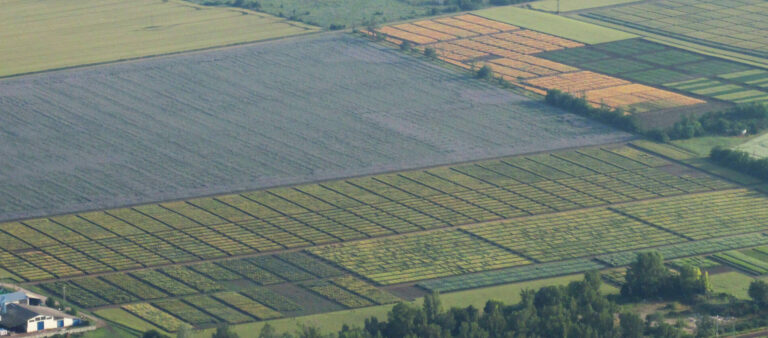
CEREAL BREEDING
The Cereal Breeding Department researches and breeds various species of cereal such as wheat, durum wheat, barley, triticale, spelt, alakor, and oat. In addition to breeding of high-quality, abundant, well-adapted cereal cultivars of outstanding (even special) quality, they also pay special attention to the examination of emerging questions supporting the research. All this work is supported by a professional team, experienced technical staff and constantly improving instrumental facilities.
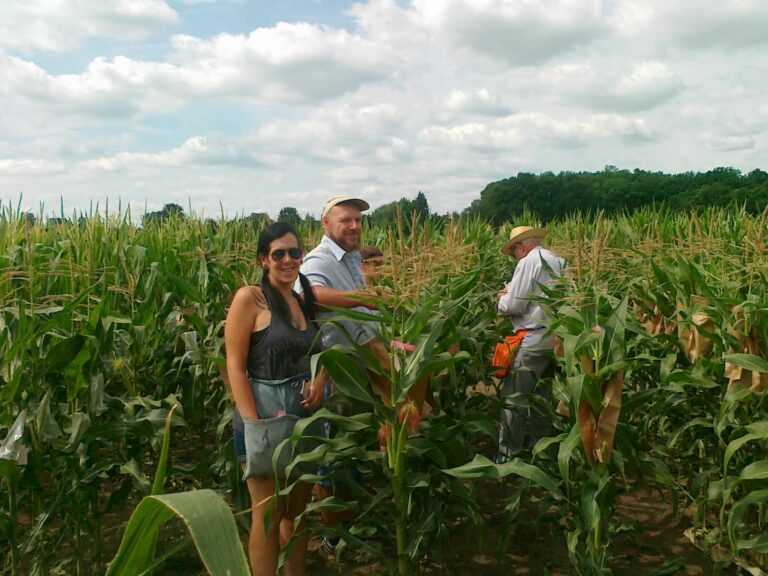
MAIZE BREEDING
The task of the Maize Breeding Department is to breed maize hybrids and their parent lines having excellent agronomic properties, high fertility features, and resistance to abiotic and biotic stress, while it should also develop strain production methods. There is a great emphasy on field research related to maize breeding and cultivation. The Department is to determine the biological values of seeds and their genetic purity. Their goal is also to preserve Hungarian maize cultivars and plant stem collections and to improve genetic reserves in plant breeding.
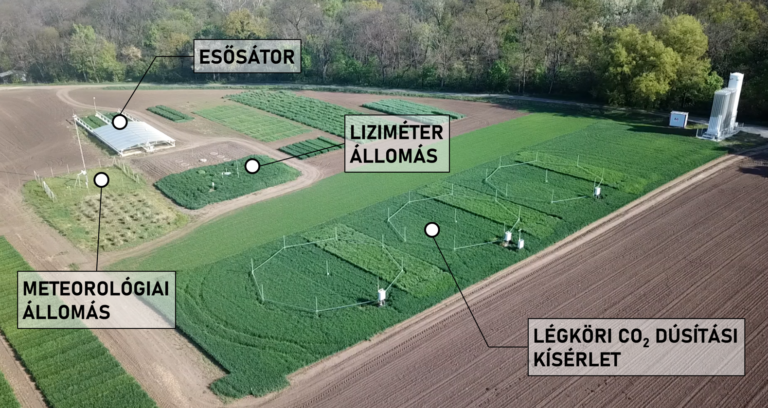
CROP PRODUCTION
The Crop Production Department manages 30 percent of the duration trials in Hungary: on 15 hectares, 14 – crop rotation, fertilization, and multifactorial – duration experiments, on 2000 parcels. In 2017 our pilot infrastructure was supplemented with the world-class AgroMo platform. The data collected in the experiments are used for the further development of model-based decision support systems, among which stands out the ProPlanta consulting system, winner of the Innovation Grand Prize and the International Quality Innovation Award.

AGROZOOLOGY
The aim of the research is to study zootaxonomic and ecological research of domestic, alien pests and beneficial organisms, to explore and get to know the relationships of ecosystems. Approaching the problems of plant protection from chemical ecological point of view, and the implementation of the application is also part of the work.
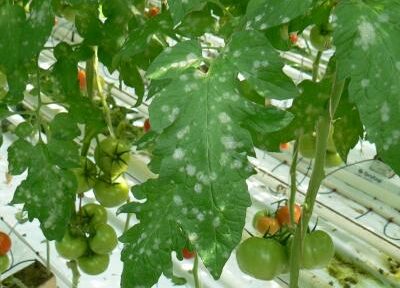
PLANT PATHOLOGY
The aim of the research is to identify plant pathogenic fungi (e.g. powdery mildew and rust fungi, Pyrenophora and Fusarium species), fungi-like organisms (e.g. phytophthoras and downy mildew), phytoplasmas, bacteria and plant viruses. To explore their biology and find ways to control them is also part of the research.

PATHOPHYSIOLOGY
The main goal of pathophysiological research is to clarify physiological, biochemical and molecular changes associated with plant stress caused by pathogens, and to reveal the process leading to susceptibility and disease resistance. The research is also engaged with the use of plant substances in biological control.
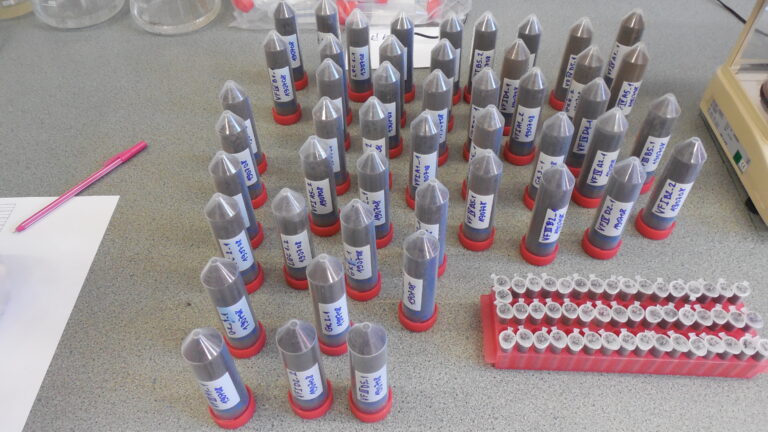
SOIL BIOLOGY
Exploring theoretical and practical problems related to the maintenance and regeneration of soil fertility and quality is the main goal of the research.
In particular, the structure and dynamics of communities of soil organisms are studied in both natural and man-influenced ecosystems. The interaction of animals, microorganisms and plants living in soil is being investigated in order to research and develop the dynamics and regulatory possibilities of carbon, nitrogen and phosphorus circulation in the soil.
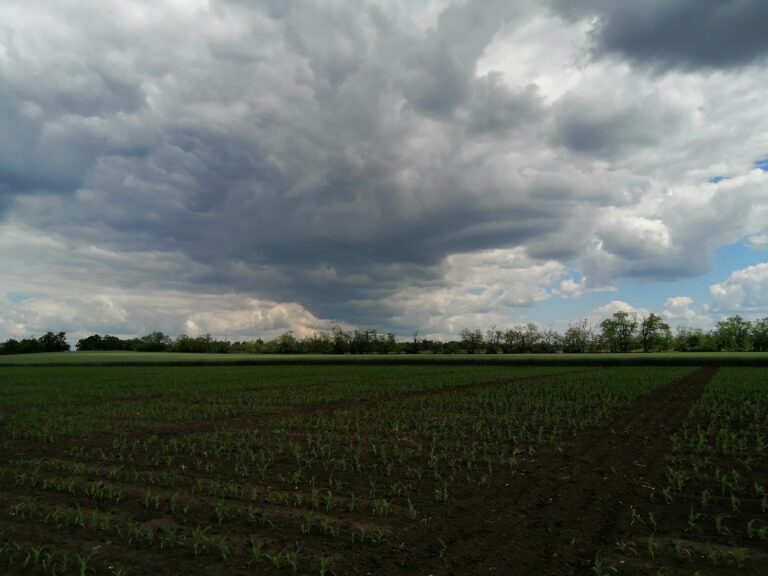
SOIL PHYSICS AND WATER MANAGEMENT
The research focuses on studying and modelling the soil physical and structural properties, as well as soil water management and material flow. The main areas are laser diffraction study of soil composition; development of soil hydrological estimate methods (pedotransfer functions); examining the impact of land use and management on water and nutrients and the impact of greenhouse gases and ammonia emissions; as well as monitoring environmental changes in roots while measuring these changes.

SOIL CHEMISTRY AND MATERIAL CIRCULATION
Research focuses on the role of soil in material circulation cycles. In particular, nutrient management, increasing the efficiency of fertilization, reducing losses, examining the nutrient supply of soils and manure effects have priority. A possible way to improve soil fertility is the utilization of non-hazardous and/or bio-waste for fertilization and soil reclamation. Besides nutrient and organic material, they may contain micropollutants. Regarding the soil-plant system the benefits and risks need to be investigated.
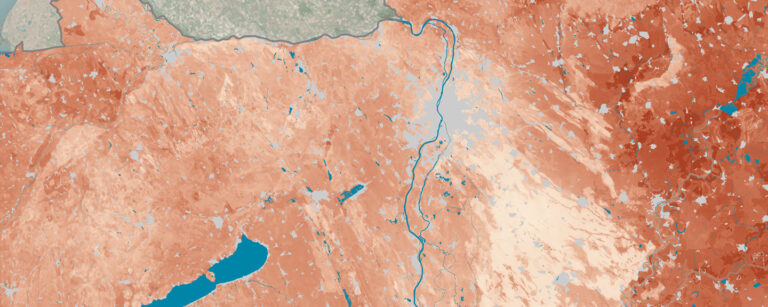
SOIL MAPPING AND ENVIRONMENTAL INFORMATICS
The research focuses on spatial extension of the knowledge about soils and modelling of the complex relationship of soils with environmental elements. Defining soil properties, functions, services and processes is carried out by developing spatial modelling and digital mapping techniques based on geomathematical and geoinformatics methods. Information on mulch and soil-water-plant systems is effectively collected using non-destructive, imaging and field data collection technologies.


